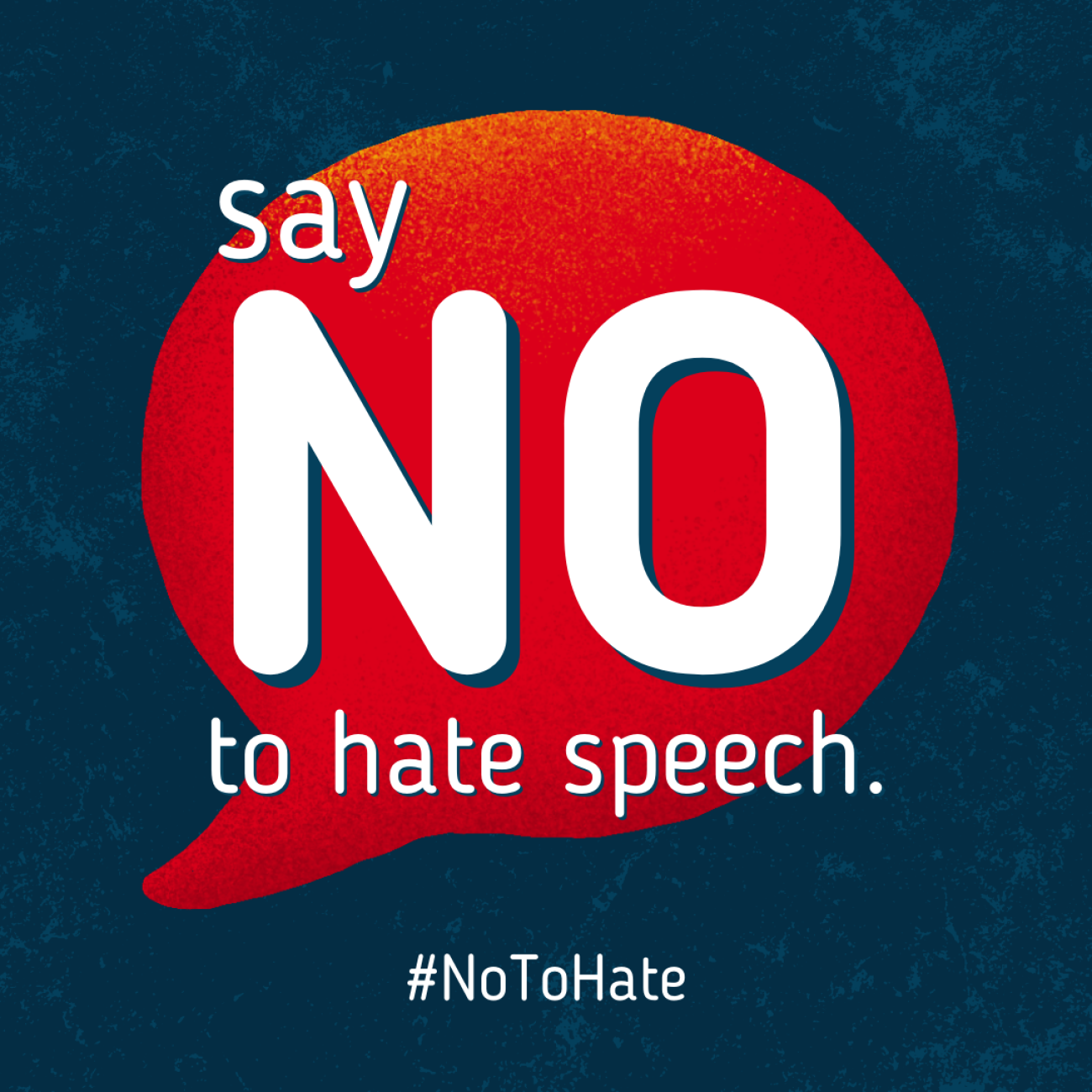UNited against Hate Speech

Op-ed signed by Simon Springett, Resident Coordinator of UN Moldova and Bea Ferenci, Head of OHCHR in Moldova
In recent years, hate speech has been taking a popular stand in public discourse across the globe, emerging as a pressing issue that demands our attention. Moldova is not an exception. The political and social divide in this fragile context are exacerbated by strong opinions and ideas in some cases spreading divisive rhetoric and ideologies, which should not be tolerated.
While freedom of speech is a fundamental human right, it must not serve as a shield for hate speech. Restrictions on hate speech are necessary and aimed at safeguarding the human rights, well-being and dignity of all individuals, while maintaining social harmony and peace.
As UN Secretary-General Antonio Guterres put it at one ocassion: “Hatred is a danger to everyone – and so fighting it must be a job for everyone. “
As a society, we must proactively address this problem and strive to nurture/grow a culture of respectful dialogue and inclusion. It is high time we recognize the damaging effects of hate speech and take concrete steps to counter its spread. To this end, in 2021 the UN General Assembly proclaimed the 18th of June as the International Day for Countering Hate Speech.
What is hate speech, or hateful expression?
Hate speech is just a simple term to explain various forms of expression often based on prejudice about individuals or groups of people based on who they are, which incite discrimination, conflict, or violence ultimately eroding social cohesion. It is undeniable that our words and behaviour have that power, especially if they are expressed in the public sphere. If such behaviour is left unaddressed, the effects can be devastating.
Hate speech goes beyond mere words, and not only affects the specific individuals and groups targeted, but societies at large. It can instill prejudice, and fuel hostility against social groups. It is also crucial to examine the potential direct and indirect effects and meaning of words used and consider the perceptions of those groups or individuals towards whom they were addressed. Consequences can be far-reaching for already marginalized individuals and groups.
If not addressed in time, hate can spread fast. Hateful messages can cause large-scale turbulences within the social fabric of a community. Not having prevention strategies in place, or strong rule of law institutions to deal with it, can leave a society unprepared and render any actions belated.
What can we do?
Firstly, we need to learn how to recognize hate speech, to scent it from afar. Knowing the problem will enable us to deal with it in a more efficient way. Then, we need to react! Whenever possible, do not remain silent, even when it is others who are targeted. Speak up firmly against hate speech.
Education and awareness play a pivotal role in countering hate speech. Educational institutions have a responsibility to foster an environment where respect, empathy, and diversity are valued. Inclusive curricula, promoting intercultural understanding, and teaching media literacy can equip individuals with the skills to critically evaluate information and reject hate speech. Raising public awareness about the consequences of hate speech and its impact on the societal fabric is vital in building a society that embraces tolerance and equality.
In the digital world of today, it’s common to come across misinformation and harmful content, but it’s relatively easy to verify content you find is reliable through various tools available online. Moldova’s efforts to introduce legal safeguards against hate speech are to be commended. Now institutions should implement the laws, raise the population’s awareness, prevent hate speech and seek accountability. Law enforcement agencies should receive adequate training to identify and respond to hate speech incidents promptly, including those over online platforms and social media. Collaboration between state institutions, civil society , People’s Advocate, Equality Council and communities is crucial to counter hate speech collectively.
Finally, the media, as a powerful influencer of public opinion, must play a responsible role in countering hate speech. Journalistic ethics should prioritize accuracy, fairness, and the promotion of a pluralistic society. News/media outlets must strive to avoid sensationalism, verify information, and resist amplifying hateful rhetoric. For this, adequate and systematic capacity-building and awareness raising for media professionals must be in place.
Conclusion
Hate speech poses a grave threat to our societal fabric and undermines the principles of equality and non-discrimination. By confronting hate speech, we can foster an inclusive discourse that embraces diversity, protects marginalized people and communities, and promotes social cohesion. State institutions, educational institutions, media organizations, and us - individuals must collectively work towards creating a future where hate speech finds no sanctuary.


